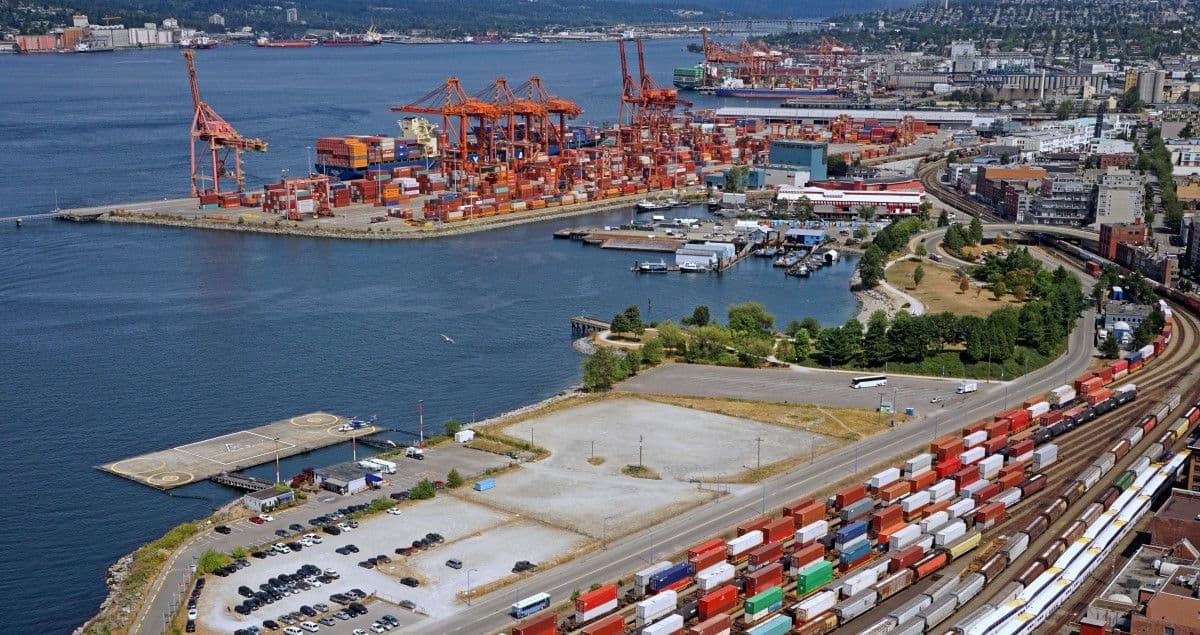ILWU Canada Issues 72-Hour Strike Notice
The International Longshore and Warehouse Union Canada (ILWU Canada) has issued a 72-hour strike notice, signaling their readiness to walk off the job at 8 a.m. on Saturday, July 1, 2023.
More than 7,000 terminal cargo loaders at 30 ports in British Columbia could be affected by the strike, which stems from ongoing contract negotiations between the union and the B.C. Maritime Employers Association. Key issues behind the strike notice include contracting out, port automation, and the rising cost of living. This potential work stoppage has significant implications not only for the Canadian economy but also globally.
Earlier this month, ILWU Canada members voted overwhelmingly in favor of strike action, with 99.24% supporting the decision. The union represents port workers who handle various goods, including automobiles, coal, grain, and containers.
ILWU Canada seeks a new collective agreement that safeguards jobs and recognizes the hard work and sacrifices made by longshore workers during the pandemic. The union's primary negotiating objectives include halting the erosion of work through contracting out, protecting workers from the potentially adverse effects of port automation, and addressing the impact of record-high inflation and the soaring cost of living.
The strike notice has raised concerns about the potential repercussions for the Canadian economy and global trade. B.C.'s ports handle approximately a billion dollars' worth of goods daily, making any work stoppage a significant disruption to supply chains. Businesses have expressed apprehension about the devastating impacts such an interruption could have on trade and economic stability.
As the strike notice takes effect, tension between the ILWU Canada and the B.C. Maritime Employers Association heightens. The union's members stand ready to strike on July 1, highlighting their demands for job security, protection from automation, and relief from the rising cost of living. The outcome of negotiations and the subsequent resolution or continuation of the labor dispute will have wide-ranging consequences for both the local and global economy.
